Resources
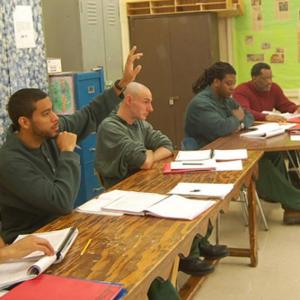
Journal Issue. Full text is available online.
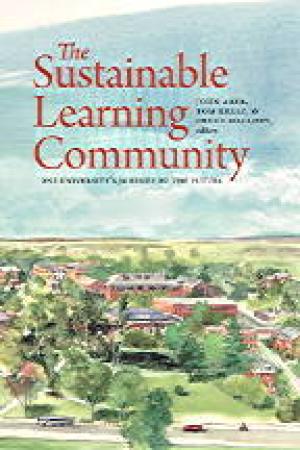
University communities have the potential to serve as models in the development and application of sustainability principles and practices, not only by what they teach and study, but also by how they operate facilities and engage with off-campus partners. With the oldest endowed campus-wide sustainability program in the country, established in 1997, the University of New Hampshire has become a leader in advancing a campus culture of sustainability. The UNH experience provides a unique window into the development of a new and integrated approach to teaching, learning, research, and operations. It is also a valuable guide for other institutions that aim to enhance the quality of campus life while reducing their environmental footprint. The book’s organization along four functional domains (curriculum, operations, research, and engagement) allows faculty, staff, students, and managers to focus on sections of particular relevance to their university roles. Each chapter develops standards of best practices and presents interesting case studies to humanize the larger effort. (From the Publisher)
Race continues to be a significant issue on campus. Underrepresented college students at low-diversity institutions reported more incidents of stereotyping, discrimination and harassment on campus. Data indicate more hospitable racial climates on the most diverse campuses and suggest that campuses must continue to work to improve intergroup relations even as enrollments begin to change. 
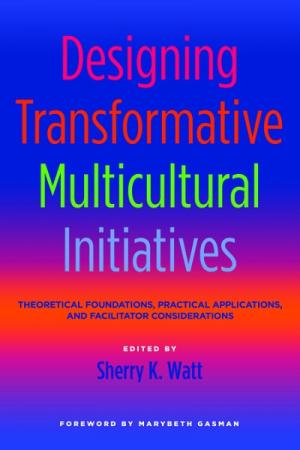
Click Here for Book Review Abstract: Higher education is facing a perfect storm as it contends with changing demographics, shrinking budgets and concerns about access and cost, while underrepresented groups – both in faculty ranks and students – are voicing dissatisfaction with campus climate and demanding changes to structural inequities. This book argues that, to address the inexorable changes ahead, colleges and universities need both to centralize the value of diversity and inclusion and employ a set of strategies that are enacted at all levels of their institutions. It argues that individual and institutional change efforts can only be achieved by implementing “diversity as a value” – that is embracing social change efforts as central and additive rather than episodic and required – and provides the research and theoretical frameworks to support this approach, as well as tools and examples of practice that accomplish change. The contributors to this book identify the elements that drive successful multicultural initiatives and that strengthen the effectiveness of campus efforts to dismantle systemic oppression, as well as the individual and organization skills needed to manage difference effectively. Among these is developing the capacity of administrators, faculty and student affairs professionals as conscious scholar practitioners to sensitively manage conflicts on campus, deconstruct challenging structures and reconstruct the environment intentionally to include in respectful ways experiences of historically marginalized groups and non-dominant ways of being in the world. The books’ focus on developing capacities for multicultural competence aligns with higher education’s increasing emphasis on civic engagement and institutional goals promote skills to interact in meaningful and responsible ways around difference, whether of people, ideas or identities. Designing Transformative Multicultural Initiatives provides guiding principles and practical strategies to successfully transform higher education to become fully inclusive and advance the success of all constituents and stakeholders. (From the Publisher)
This essay explores classroom dynamics when students identify and connect their own painful experiences to structural racism or ethnocentrism exhibited in the Holocaust or parts of Jewish history. The intrusion of this proximal knowledge can be an obstacle to student learning. If engaged by professors, however, I argue that proximal knowledge can be a catalyst that promotes learning. Social scientific theory provides a useful lens for helping students to better grasp and contextualize both their old experiences and the new materials that are being taught in the course within the larger structural frames of race, religion, and ethnicity that they have selected, but may not fully appreciate. Reflective guided journaling is an essential part of the learning experience.
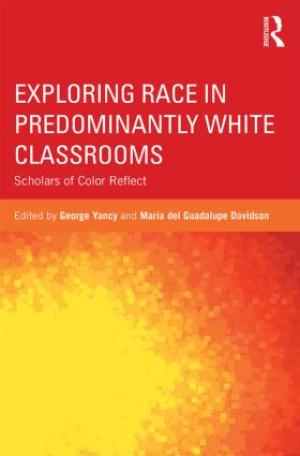
Although multicultural education has made significant gains in recent years, with many courses specifically devoted to the topic in both undergraduate and graduate education programs, and more scholars of color teaching in these programs, these victories bring with them a number of pedagogic dilemmas. Most students in these programs are not themselves students of color, meaning the topics and the faculty teaching them are often faced with groups of students whose backgrounds and perspectives may be decidedly different – even hostile – to multicultural pedagogy and curriculum. This edited collection brings together an interdisciplinary group of scholars of color to critically examine what it is like to explore race in predominantly white classrooms. It delves into the challenges academics face while dealing with the wide range of responses from both White students and students of color, and provides a powerful overview of how teachers of color highlight the continued importance and existence of race and racism. Exploring Race in Predominately White Classrooms is an essential resource for any educator interested in exploring race within the context of today’s classrooms (From the Publisher)
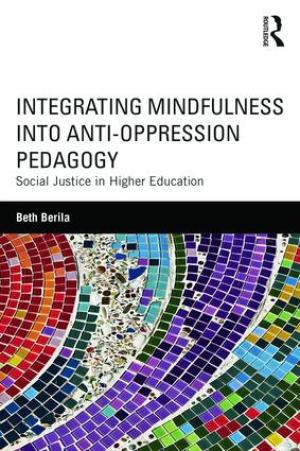
Click Here for Book Review Abstract: Drawing from mindfulness education and social justice teaching, this bookexplores an anti-oppressive pedagogy for university and college classrooms. Authentic classroom discussions about oppression and diversity can be difficult; a mindful approach allows students to explore their experiences with compassion and to engage in critical inquiry to confront their deeply held beliefs and value systems. This engaging book is full of practical tips for deepening learning, addressing challenging situations, and providing mindfulness practices in anti-oppression classrooms. Integrating Mindfulness into Anti-Oppression Pedagogy is for all higher education professionals interested in pedagogy that empowers and engages students in the complex unlearning of oppression. (From the Publisher)
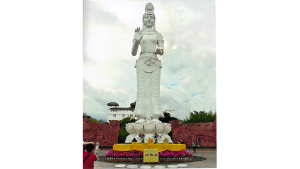
Journal Issue. Full text is available online.
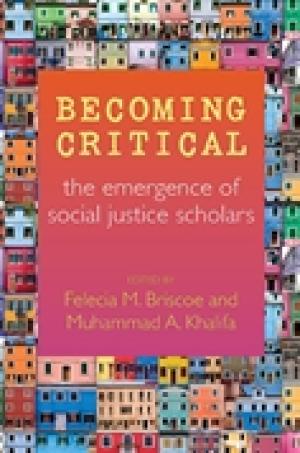
Click Here for Book Review Abstract: Presents the key experiences of a diverse group of teachers and students in their journeys of becoming social justice educator/scholars. This innovative book is a collection of autoethnographies by a diverse group of contributors who describe and theorize about the critical moments in their development as social justice educator/scholars in the face of colonizing forces. Using a rhizomatic approach, the editors’ meta-analysis identifies patterns of similarity and differences and theorizes about the exercise of agency in resistance and identity formation. In our increasingly diverse society, Becoming Critical is a wonderful resource for teacher education and sociology of education as it presents an alternative methodological approach for qualitative inquiry. The book contributes to students’ understanding of the development of critical theories—especially as they pertain to identities. The contributors make use of the work of critical scholars such as Collins, hooks, Weber, Foucault, and others relevant to the lives of students and educators today. (From the Publisher)
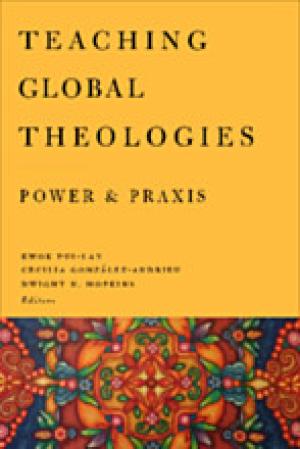
Click Here for Book Review Abstract: Theological education, like theology itself, is becoming a truly a global enterprise. As such, theological education has to form, teach, and train leaders of faith communities prepared to lead in a transnational world. The teaching of theology with a global awareness has to wrestle with the nature and scope of the theological curriculum, teaching methods, and the context of learning. Teaching Global Theologies directly addresses both method and content by identifying local resources, successful pedagogies of inclusion, and best practices for teaching theology in a global context. The contributors to Teaching Global Theologies are Catholic, mainline Protestant, and evangelical scholars from different racial and ethnic backgrounds, each with sustained connections with other parts of the world. Teaching Global Theologies capitalizes on this diversity to uncover neglected sources for a global theology even as it does so in constructive conversation with the long tradition of Christian thought. Bringing missing voices and neglected theological sources into conversation with the historical tradition enriches that tradition even as it uncovers questions of power, race, ethnicity, class, gender, and sexuality. Teachers are offered successful pedagogies for bringing these questions into the classroom and best practices to promote students’ global consciousness, shape them as ecclesial leaders, and form them as global citizens. (From the Publisher)